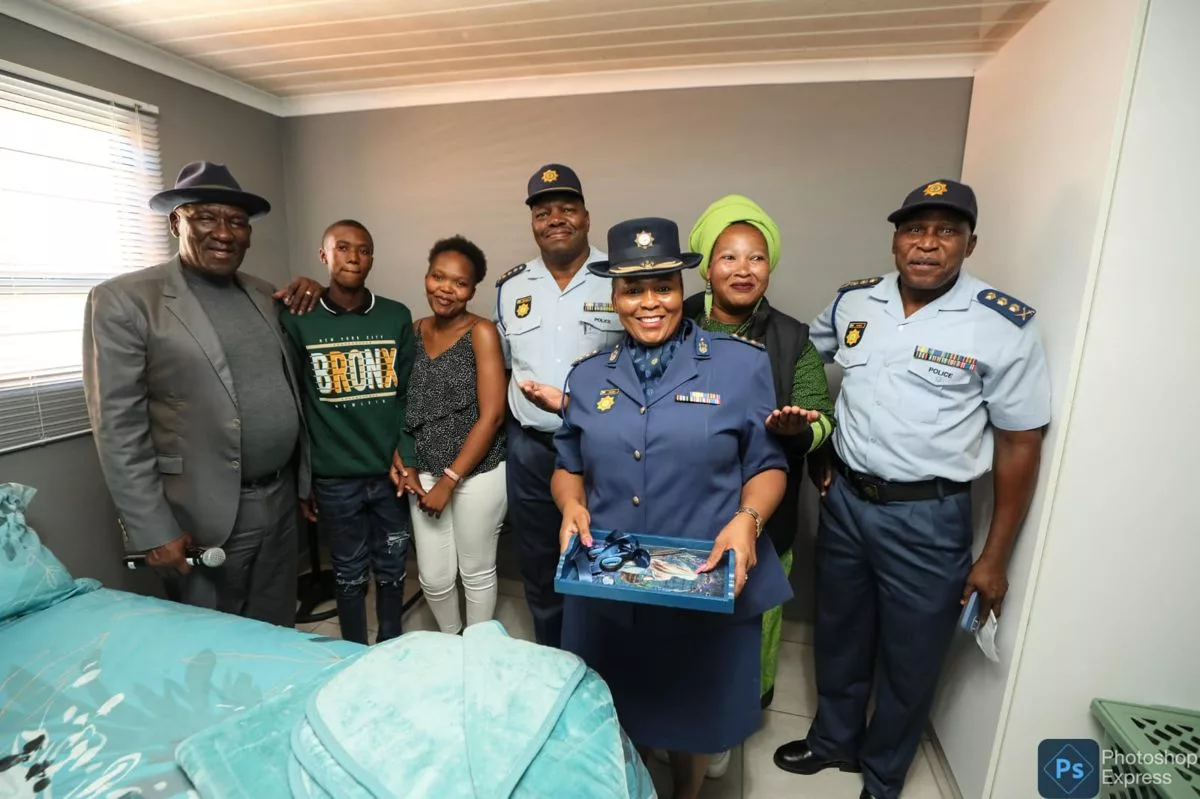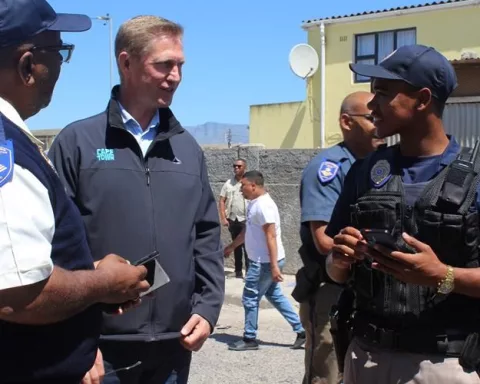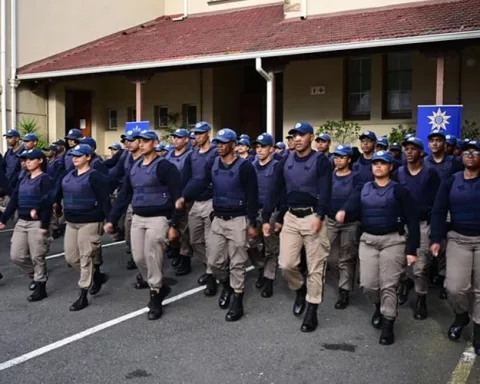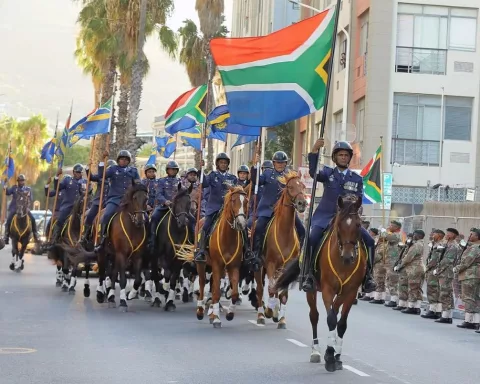The SAPS housing initiative is a project between the South African Police Service and various sponsors and stakeholders to provide safe and secure homes for victims of crime and those in need. The initiative aims to create a social safety blanket for those affected by crime and has already provided homes for six households in South Africa. The Vokwana family is one of the latest beneficiaries, receiving a modern and furnished two-bedroom house in the town of Delft, a notorious area for gang-related activities. The initiative is an ongoing endeavor to institute a safer and more secure environment for all.
What is the SAPS housing initiative?
The SAPS housing initiative is a collaborative effort between the South African Police Service and various sponsors and stakeholders to provide safe and secure homes for victims of crime and those in need. The initiative is part of SAPS’s National Excellence Awards legacy, a social responsibility program aimed at creating a social safety blanket for those touched by crime. The SAPS housing program is an ongoing endeavor to institute a safer and more secure environment for all.
On a radiant Monday in the Western Cape’s town of Delft, February 26, 2024, became an indelible landmark in the Vokwana family’s history. When the South African Police Service (SAPS) presented the keys to a modern, furnished two-bedroom house, Sisanda Vokwana, just 21, and her younger brother found themselves poised on the precipice of a transforming period in their lives – one that held the promise of stability and safety.
Delft, infamous for its rampant gang-related activities particularly among the youth, had been their daunting playground since they were children. Left parentless after the untimely demise of their mother and elder sister, Sisanda shouldered the family’s responsibility while she was still on the brink of adulthood. Living off social grants, the siblings caught the attention of SAPS, who were on a continuous mission to create a safe and secure haven for victims of crime and the needy.
A Legacy of Social Responsibility: The SAPS Initiative
The SAPS’s commitment to altering lives is not a standalone act of kindness. It is an annual tradition, born out of a combined effort. In the preceding year, they bestowed a home upon a family in GaMolepo village, Mankweng, Limpopo. The matriarch of the family, a mother to four children, was left incapacitated following a botched murder attempt by her partner. SAPS, acting swiftly, apprehended and convicted the offender, thereby exemplifying justice in its most palpable form.
The housing initiative, which has sparked a glimmer of hope in the Vokwana siblings’ lives, is the fruit of a collaboration between SAPS and a multitude of sponsors and stakeholders. Old Mutual, Metropolitan, Assupol, Gift of the Givers, Homechoice, Blue Label Telecoms, Community Policing Forum, and the SAPS Western Cape’s Women’s Network and Men for Change are all contributors to this commendable endeavor.
This initiative is part of the SAPS’ National Excellence Awards legacy, a social responsibility program helmed by the Human Resources Personnel Management Division. It serves as a symbol of their commitment to not just enforcing the law, but also creating a social safety blanket for those touched by crime.
A Collective Effort: The Contribution of Partners and Stakeholders
The Minister of Police, General Bheki Cele, expressed his gratitude eloquently for the partners and stakeholders who had united with SAPS in this venture. “I would like to express my deepest appreciation to everyone who played a role in this success. Together, we can indeed accomplish more,” he declared.
The Vokwana family is the sixth household in South Africa that has reaped the benefits of this legacy project. The minister further elaborated, “Today, the Vokwana children will have a decent shelter over their heads. We aspire to do more as a police force with our social partners, who persist in aiding us in transforming the lives of crime victims and the indigent.”
A Vision for the Future: SAPS’s Ongoing Initiative
The housing program is an ongoing endeavor of SAPS. It is one of the many corporate social initiatives they have launched with the objective of instituting a safer and more secure environment for all. While crime continues to plague society, efforts like these serve as a reminder that every step toward a better future is valuable. This is a narrative of perseverance, communal effort, and optimism – a tribute to what we, as a society, can accomplish when we commit to raising each other up.
1. What is the SAPS housing initiative?
The SAPS housing initiative is a collaborative effort between the South African Police Service and various sponsors and stakeholders to provide safe and secure homes for victims of crime and those in need. The initiative is part of SAPS’s National Excellence Awards legacy, a social responsibility program aimed at creating a social safety blanket for those touched by crime.
2. Who is eligible for the SAPS housing initiative?
Victims of crime and those in need are eligible for the SAPS housing initiative.
3. How many households have benefited from the SAPS housing initiative?
The Vokwana family is the sixth household in South Africa that has received a home from the SAPS housing initiative.
4. Who are the partners and stakeholders involved in the SAPS housing initiative?
Old Mutual, Metropolitan, Assupol, Gift of the Givers, Homechoice, Blue Label Telecoms, Community Policing Forum, and the SAPS Western Cape’s Women’s Network and Men for Change are all contributors to the SAPS housing initiative.
5. Is the SAPS housing initiative an ongoing project?
Yes, the SAPS housing initiative is an ongoing endeavor of SAPS, and it is one of the many corporate social initiatives they have launched with the objective of instituting a safer and more secure environment for all.
6. What is the vision of the SAPS housing initiative?
The vision of the SAPS housing initiative is to create a social safety blanket for victims of crime and those in need, and to institute a safer and more secure environment for all.












